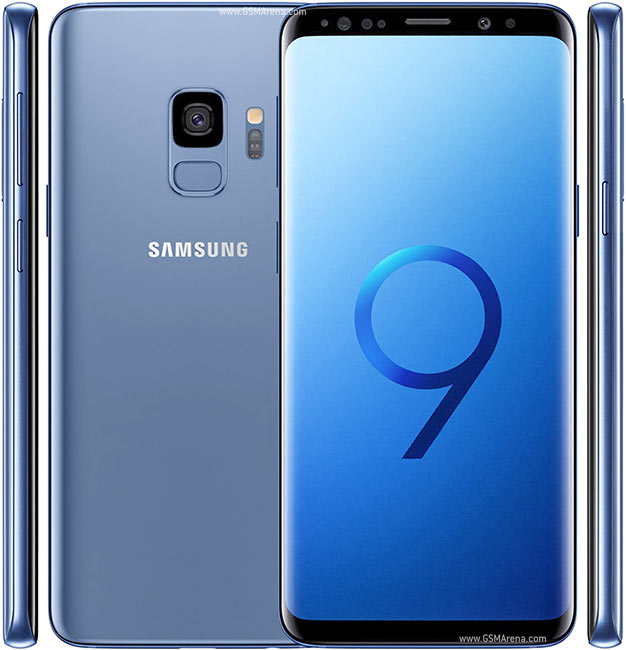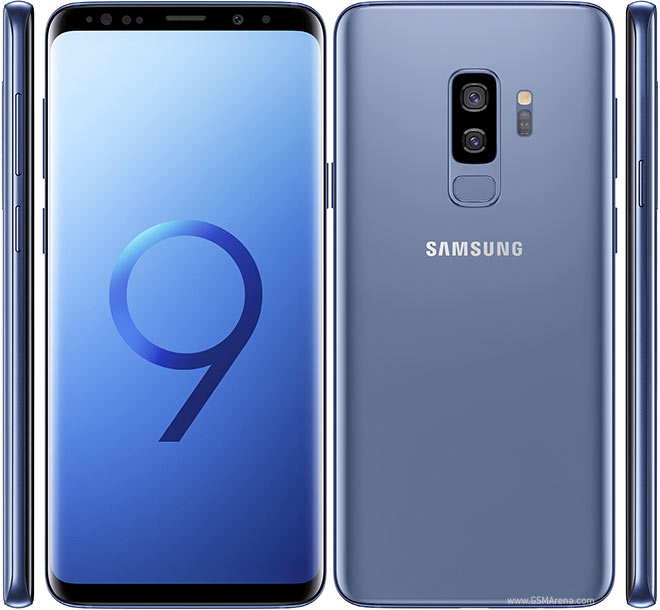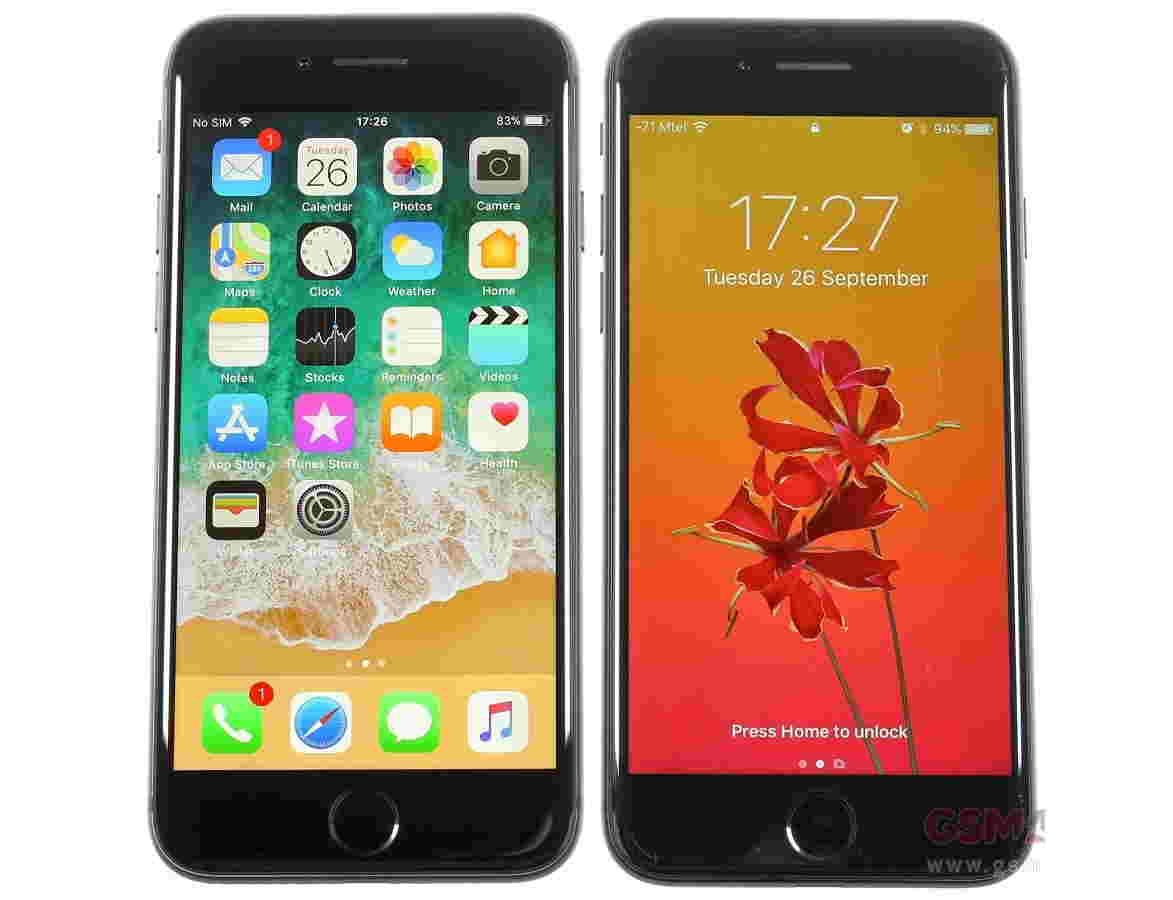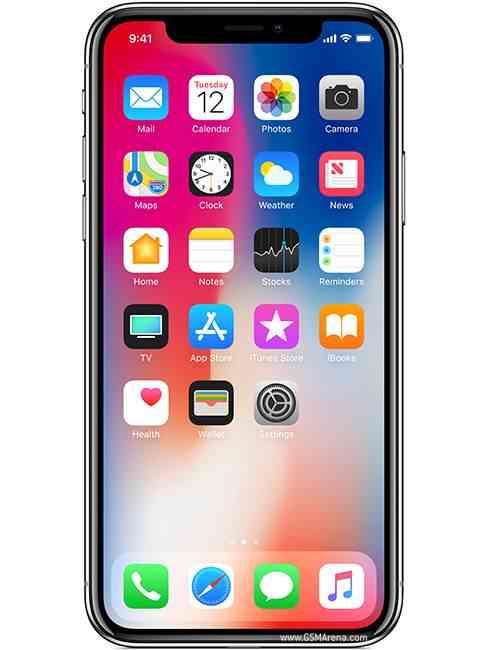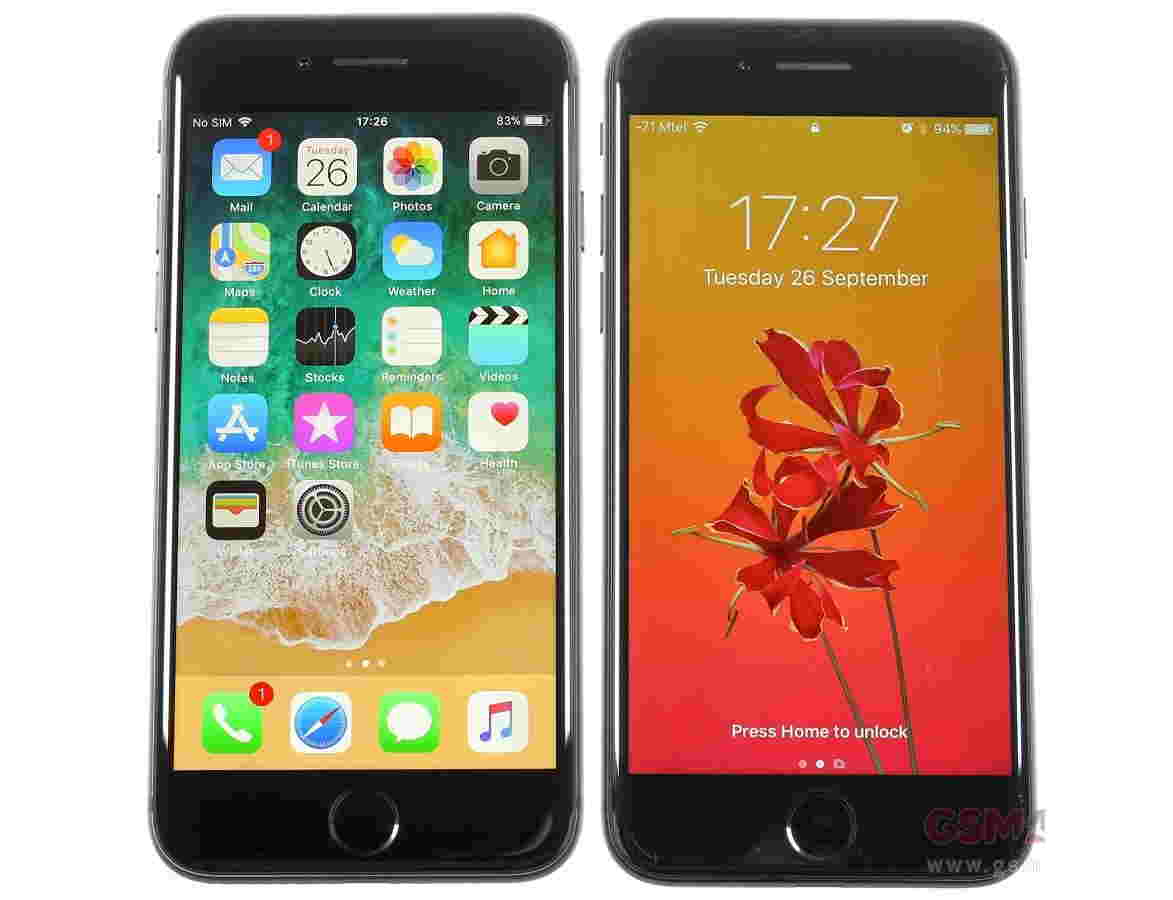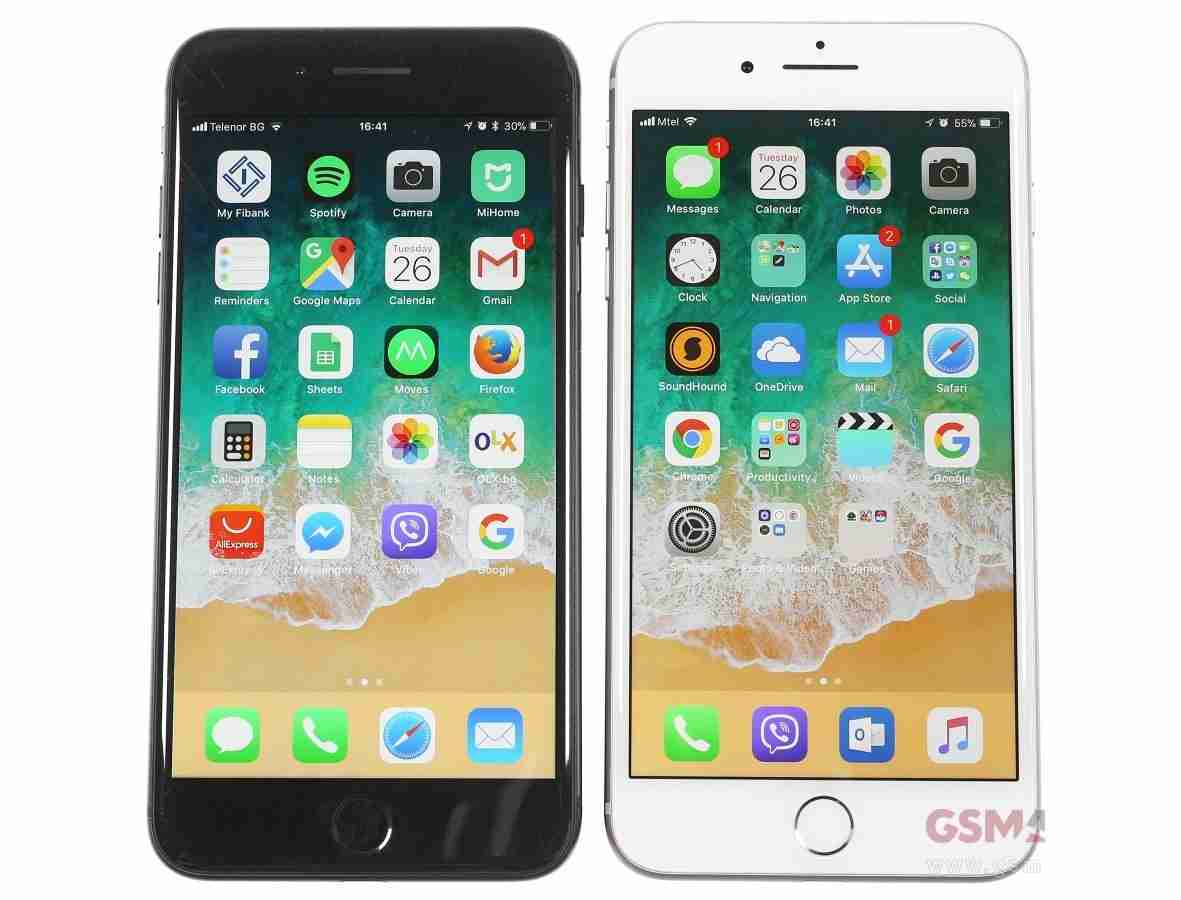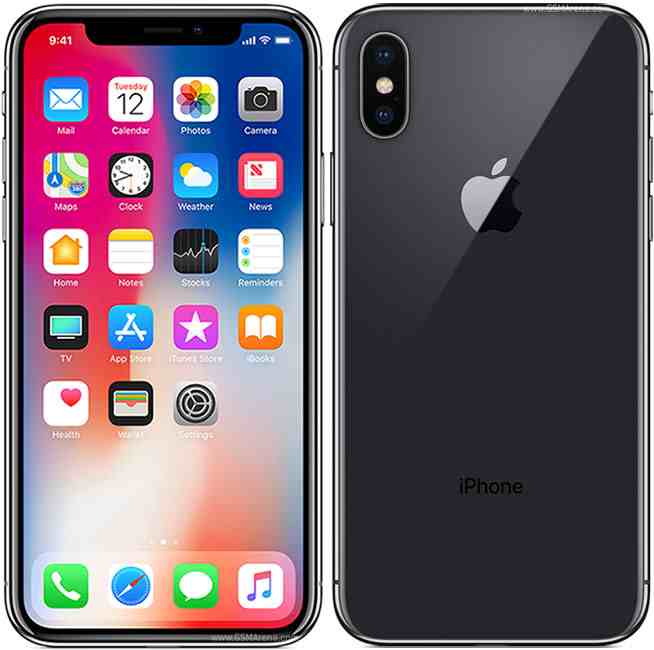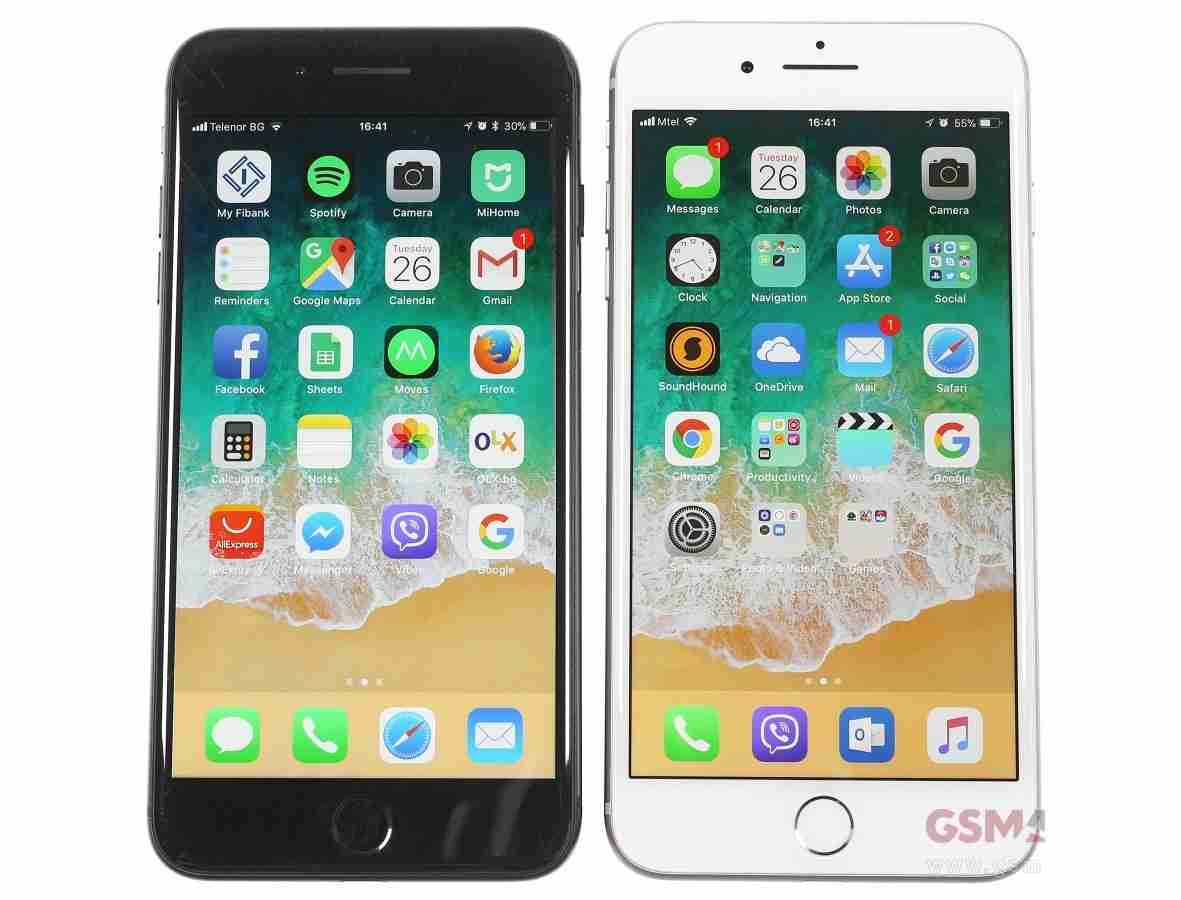
You've probably seen news reports before based around the idea that we're all addicted to our phones. The arguments are that we spend too much time on them, that they're degrading our relationships with real humans, and with the world around us, and that they're helping us become addicted to social media too.
Do you think you're addicted to your phone though? If you've ever wondered, Motorola has put together a quiz to determine whether your relationship with your phone is a healthy one, or maybe if it's time to put the handset away a bit more.
You can take the quiz here. The result will rank you from one of five levels, rank five being most addicted to your phone. I ranked at three, "Phone-Prone", which means I'm not really addicted or super into my phone use, but habitually could perhaps be a bit better at avoiding my phone. Which sounds kind of funny to me as I spend a lot of time these days actively avoiding my phone.
This isn't just a bit of fun, though. Motorola has a serious side to the excercise. There is legitimate increasing concern over the impacts of technology on human behaviour patterns, and in particular when looking at younger generations who, unlike people like me (as a child of the 80's), actually grew up with this stuff as normal, rather than something new and a bit weird, where we could remember a time before it all emerged.
Motorola has hosted a study with Dr Nancy Etcoff, who specialises in "Mind-Brand Behavior" and "Science of Happiness" at Harvard University. She is also a practicing Psychologist at Massachusetts General Hospital Department of Psychiatry.
"The study, issued by the independent research company, Ipsos, looks at behaviors and phone use habits across generations and seeks to understand the impact of smartphones on our relationships with ourselves, other people, and the physical and social environment," said Motorola's blog post.
“For the majority of smartphone users, their problematic behaviors are mindless responses and bad habits that they need help in overcoming,” says Dr. Nancy Etcoff. “Behavioral nudges, environmental control, and mindfulness will all help, as will the efforts of those within the smartphone industry. The broad social pattern uncovered in this survey of multiple countries highlights the need for collective understanding and action.”
"The study shows people are putting their phones before the people they care about, with the most alarming findings tied to younger generations who have grown up in a digital world. We also understand people recognize the need for balance and are raising their hands for help," the report said.
Motorola also published some of the study findings, which we'll list below. The survey was fielded online (between November 30, 2017 to December 26, 2017) with 4,418 respondents, comprising smartphone users aged from 16 to 65 from the US, Brazil, France, and India.
- Phone Importance: 33% of respondents prioritize their smartphone over engaging with people they care about and want to spend time with them.
- Generational Factors: Issues with smartphones are more intense among younger generations, with 53% of Gen Z respondents describing their phone as a best friend.
- Help Wanted: People want help with phone-life balance. In fact, 61% of participants agree that they want to get the most out of their phone when they are on it, and the most out of life when they are not.
- Separation Desired: 60%of participants say it’s important to have a life separate from their phones.
Motorola said the survey revealed three "key problematic smartphone behaviors," which "impact our relationships with others and ourselves."
It added that the results suggest younger generations are "more likely to adopt these problematic behaviors."
The behaviors were listed as:
- Compulsive Checking: 49% agree that they check their phone more often than they would like and agree they feel compelled to constantly check their smartphone (44%).
- Excessive Phone Time: 35% agree that they are spending too much time using their smartphone (44% of Gen Z) and believe they would be happier if they spent less time on their phone (34%).
- Emotional Overdependence: 65% admit they “panic” when they think they have lost their smartphone and 29% agree that when they are not using their phone they are “thinking about using it or planning the next time I can use it.”
Motorola is also planning to take action on the issue.
"We’re also working with like-minded third-party organizations as well as looking at our own behavior at Motorola to bring new initiatives and programs that help people strike a healthy balance."
Part of that plan, somewhat ironically involves the new SPACE Phone-Life Balance App.
The app features a "60-day program to help smartphone users become more mindful of their phone usage."
"The app helps with things like screen dimming, notification blockers and more. This app is especially relevant for those exhibiting the problematic behavior for “compulsive checking,” as it helps people become more aware of their phone habits and learn how to find balance."
Motorola is also looking to encourage app developers to create more apps to help with this issue via a Transform the Smartphone Challenge.




